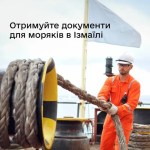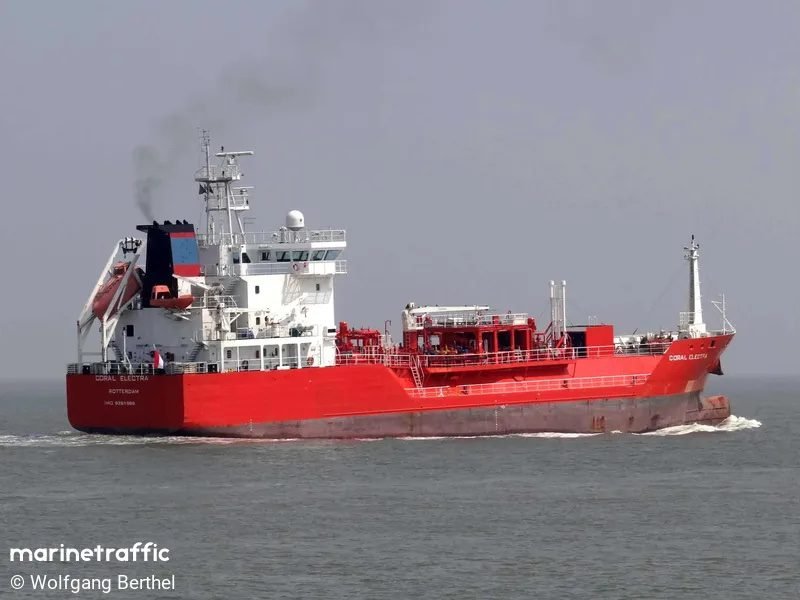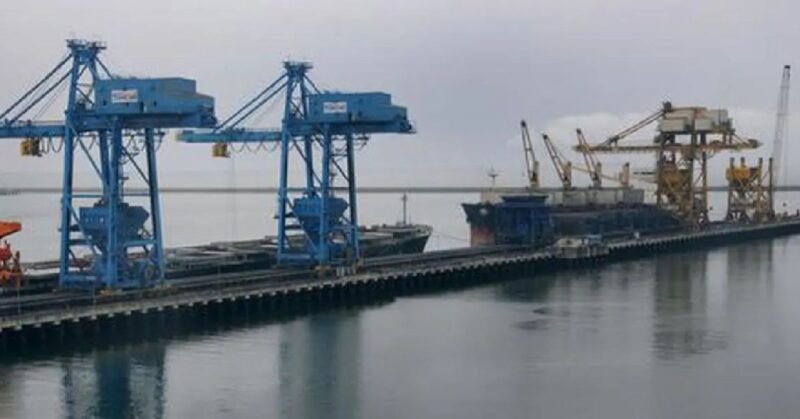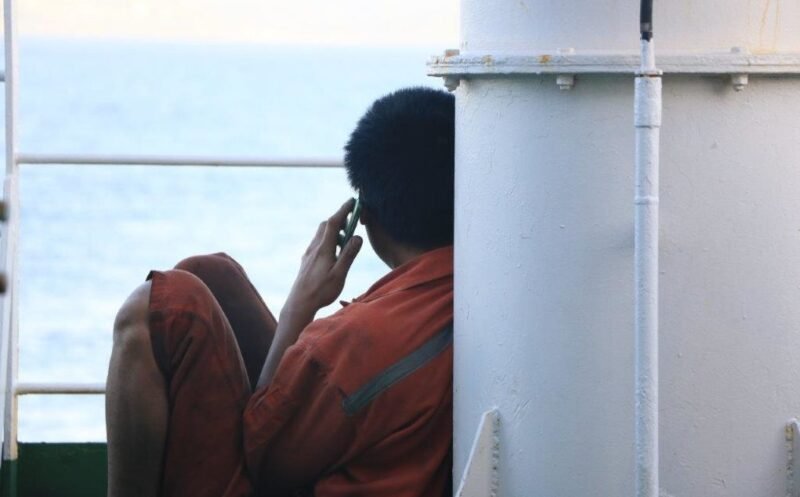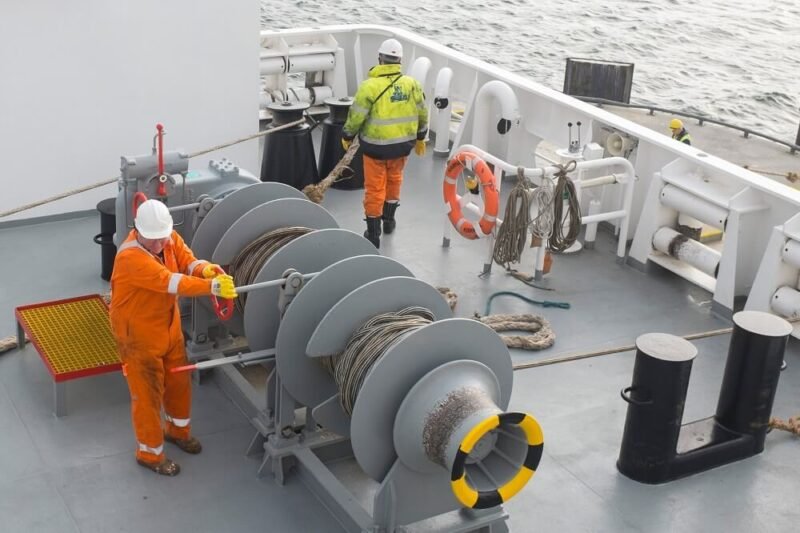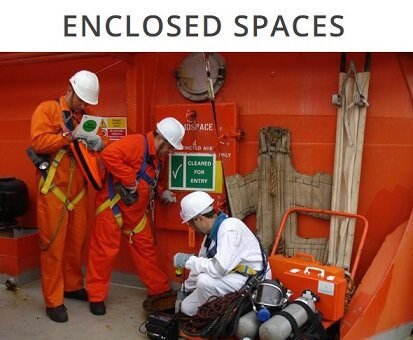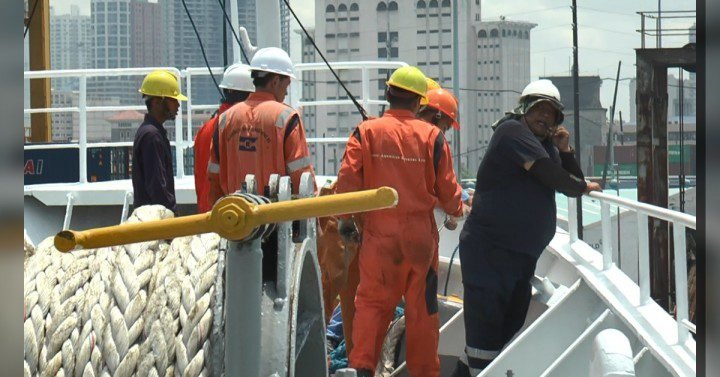The shipping industry faces significant challenges from decarbonisation and digitalisation, particularly impacting seafarers who must adapt to new technologies and safety protocols. As the demand for skilled workers rises, the existing training framework, notably the STCW Convention, is being scrutinized for its relevance in the evolving maritime landscape. Industry leaders are advocating for updates to ensure it meets future needs.
A coalition of organizations estimates that over 800,000 seafarers will require upskilling to navigate these changes effectively. The necessity for flexible training that allows workers to transition between roles is paramount, especially as the industry grapples with rapid expectations. Despite the pressing need for enhanced training, many seafarers report self-funding their education, often feeling overwhelmed by the volume of training required, which can disrupt their rest.
To address these challenges, the industry must adopt best practices that prioritize skill retention and worker well-being. Innovative training methods, such as virtual simulations, can create safe learning environments, allowing seafarers to practice and learn from failures without the risks of real-world applications. Collaborative efforts among industry stakeholders are essential to develop effective training models that prepare seafarers for the complexities of modern maritime operations.





